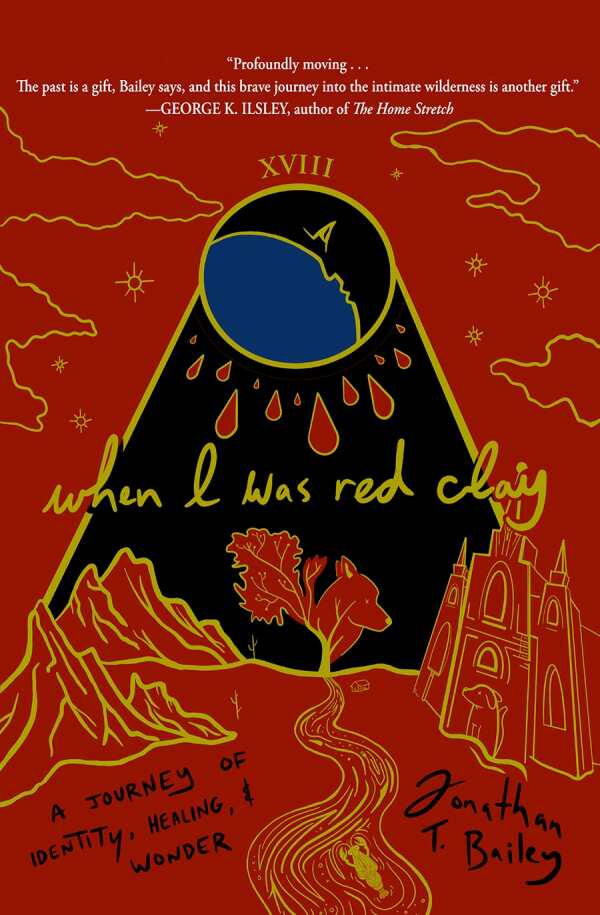When I Was Red Clay
A Journey of Identity, Healing, and Wonder
- 2022 INDIES Winner
- Silver, LGBTQ+ (Adult Nonfiction)
Jonathan T. Bailey’s evocative, candid memoir When I Was Red Clay explores spirituality, heritage, and the lives and landscapes we choose to inhabit.
Bailey grew up in a large Mormon family in rural Utah. His parents’ marriage was troubled by his mother’s eating disorder and hoarding tendencies; his father was a member of the Mormon priesthood, given the “power and authority of God” by the church. Perceived as “queer” and unusual, Bailey was bullied in school. When he realized that he was gay, he tried to repress his sexuality.
Bailey notes that, at their founding, Mormons in America experienced persecution due to their polygamous practices. Over a century later, the Mormon community Bailey was raised in exhibited its own intolerance, rejecting diversity and difference. In the 1970s, Brigham Young University even conducted shock aversion experiments to “convert” LGBTQ+ people. The program’s low success rate and incidents of suicide led to its termination, yet the Mormon Church continued to condemn homosexuality.
Overwhelmed and depressed, Bailey prayed for God to take his life. When I Was Red Clay conveys his anguished struggles, showing how this conflict led to his eventual break with Mormonism. At the center of his reemergence was a lifelong bond with nature: owls, lizards, and cottonwood trees are addressed with passionate eloquence. After moving to Tucson, Bailey found a primal connection to the region’s unique beauty, wildlife, and “Sonoran Blue” hues. Still, though Arizona provided a greater freedom of being than Utah, the book notes homophobic threats and physical attacks in the region.
Offering hope to disenfranchised LGBTQ+ youth through its testament of self-acceptance and recovery, When I Was Red Clay also stresses the need to find new and “open-armed communities” when old worlds are no longer sustainable.
Reviewed by
Meg Nola
Disclosure: This article is not an endorsement, but a review. The publisher of this book provided free copies of the book to have their book reviewed by a professional reviewer. No fee was paid by the publisher for this review. Foreword Reviews only recommends books that we love. Foreword Magazine, Inc. is disclosing this in accordance with the Federal Trade Commission’s 16 CFR, Part 255.

